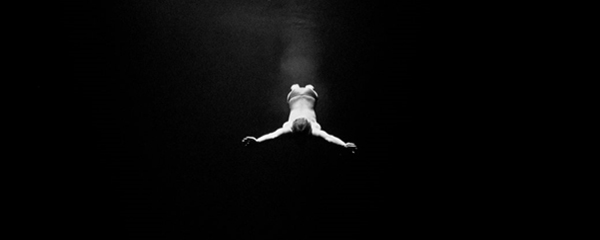SHORT STORY ADAPTATIONS: this month, Dr. CHRIS MACHELL looks at decaying masculinity in John Cheever’s ‘The Swimmer’: ‘The Swimmer is as much as an attack on the self-involved counter-culturalism of Jack Kerouac and the Beat Generation as it is on self-satisfied wealthy suburbia…’
SHORT STORY ADAPTATIONS: this month, Dr. CHRIS MACHELL takes us to war-time Shanghai for a closer look at Eileen Chang’s story, ‘Lust, Caution’: ‘Chang’s prose is direct and efficient, yet evokes well-springs of emotion, historical trauma, and shared cultural memory…’
SHORT STORY ADAPTATIONS: this month, Dr. CHRIS MACHELL looks at Annie Proulx’s short story, Brokeback Mountain: ‘Proulx’s describes the environment as a fundamentally masculine space where its value is measured in its utility rather than its beauty. In contrast, Lee’s visuals tend towards the romantic…’
SHORT STORY ADAPTATIONS: this month, Dr. CHRIS MACHELL explores the film adaptation of ‘The Dead’, one of James Joyce’s most celebrated short stories: ‘Although he was American, Huston had Irish citizenship and famously loved the country. It is surely apt, then, that the words of his final film should have come from one of Ireland’s most renowned writers, but more than that, that those words are a reflection on the inevitable falling of vitality into mortality…’
DR CHRIS MACHELL on short story adaptations: this month Machell delves into Apocalypse Now, Francis Ford Coppola’s 1979 adaptation of Joseph Conrad’s novella Heart of Darkness, as well as the more recent, subsequent adaptation into brutal video game, Spec Ops: The Line.
Dr CHRIS MACHELL delves into the world of story adaptations in film as he explores The Thing and Peter Watts’ short story ‘The Things’: ‘Threading itself through film and literature as well as the bodies of its victims, The Thing renders culture itself as an abject body, absorbing, adapting and transforming.’
MIKE SMITH discusses the adaptation of Somerset Maugham’s short stories into films: ‘They have not necessarily damaged the story. What they have done, though, is to radically change its message…’






